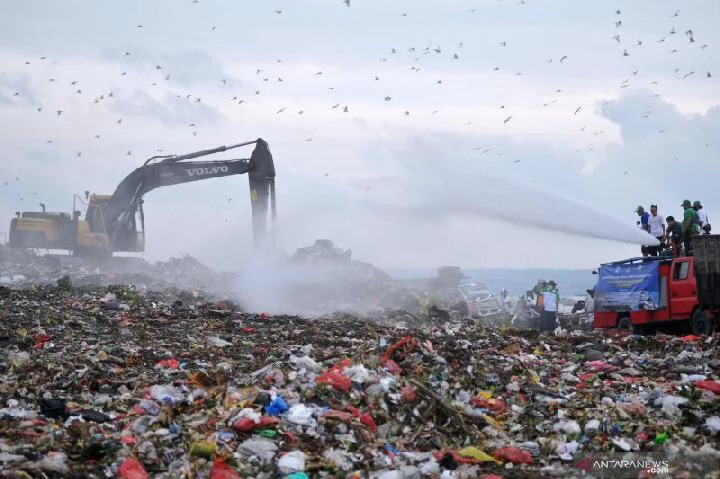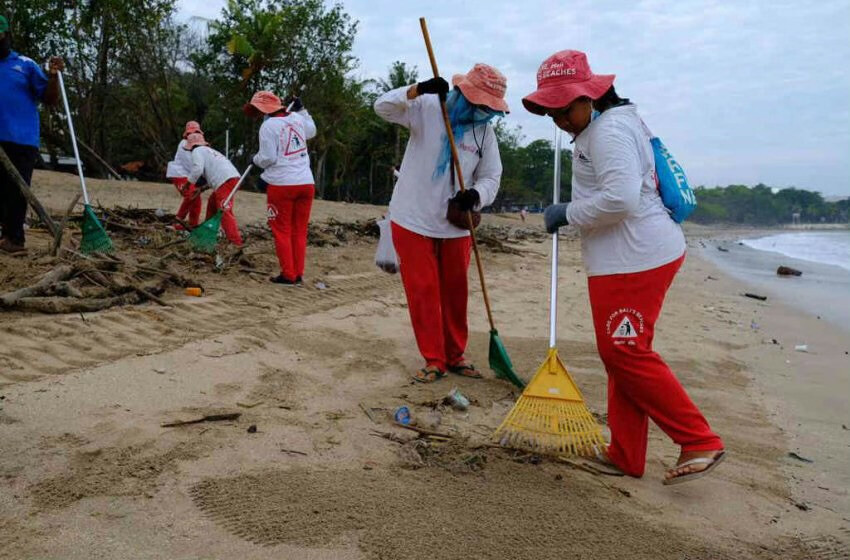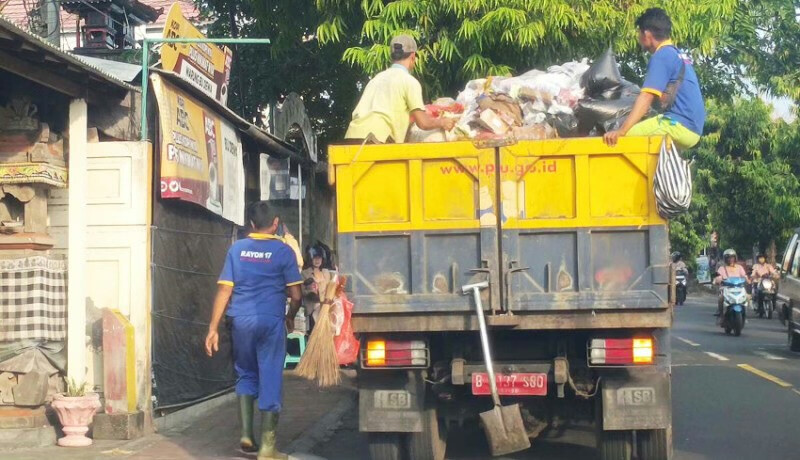From now on, every plastic cup, bag, or straw will count, and leaving them in makeshift dumps will become very costly. By July 2025, the Central Government of Indonesia, through the Ministry of Environment (LH), will begin preparations to build a power plant that will convert waste into energy. To implement the program, the governor and the mayor of Denpasar have been tasked with fulfilling two conditions: providing a suitable plot of land and ensuring a supply of at least 1,000 tons of waste per day.

The Indonesian Minister of Environment, Hanif Faisol Nurofiq, confirmed that the stages of obtaining environmental and urban planning permits will take place first, and the construction process will begin in early 2026.
"From July, we will start preparing all necessary regulations. Construction is likely to commence after 2025 because the permitting process will take about six months," said Hanif Faisol during a visit to the Suwung landfill (TPA Suwung) in Denpasar.
The new plant will be able to convert waste into electricity, which will be directly supplied to the state energy company PLN's grid. 1,000 tons of waste per day is the minimum amount of raw material needed for proper operation. In return, Bali will receive subsidies for purchasing electricity.
Additionally, this project will help promptly address the issue of the long-overfilled and environmentally unfriendly TPA Suwung landfill. The Governor of Bali, Wayan Koster, had previously spoken about plans to close it by 2026. However, this can only be done if a viable alternative is in place.
The Minister of Environment emphasized that the funding for the construction of the new waste-to-energy power plant will come from the state budget. He also reminded that it is important to use modern technologies wisely in waste management to avoid creating new environmental problems.
"The technologies must be the best. We cannot simply improvise," he stated.
The Minister expressed hope that the program will be implemented with full responsibility, as the waste problem in Bali is causing increasing public concern and dissatisfaction among tourists. He emphasized that Bali is a major tourist and economic center of the country, contributing significantly to foreign currency revenues from tourism. Therefore, according to him, the island cannot be left without proper attention and control.
Hanif Faisol also called on all Bali residents to comply with the existing waste recycling regulations and stated that attention to environmental cleanliness and waste management will be intensified.


You can add one right now!